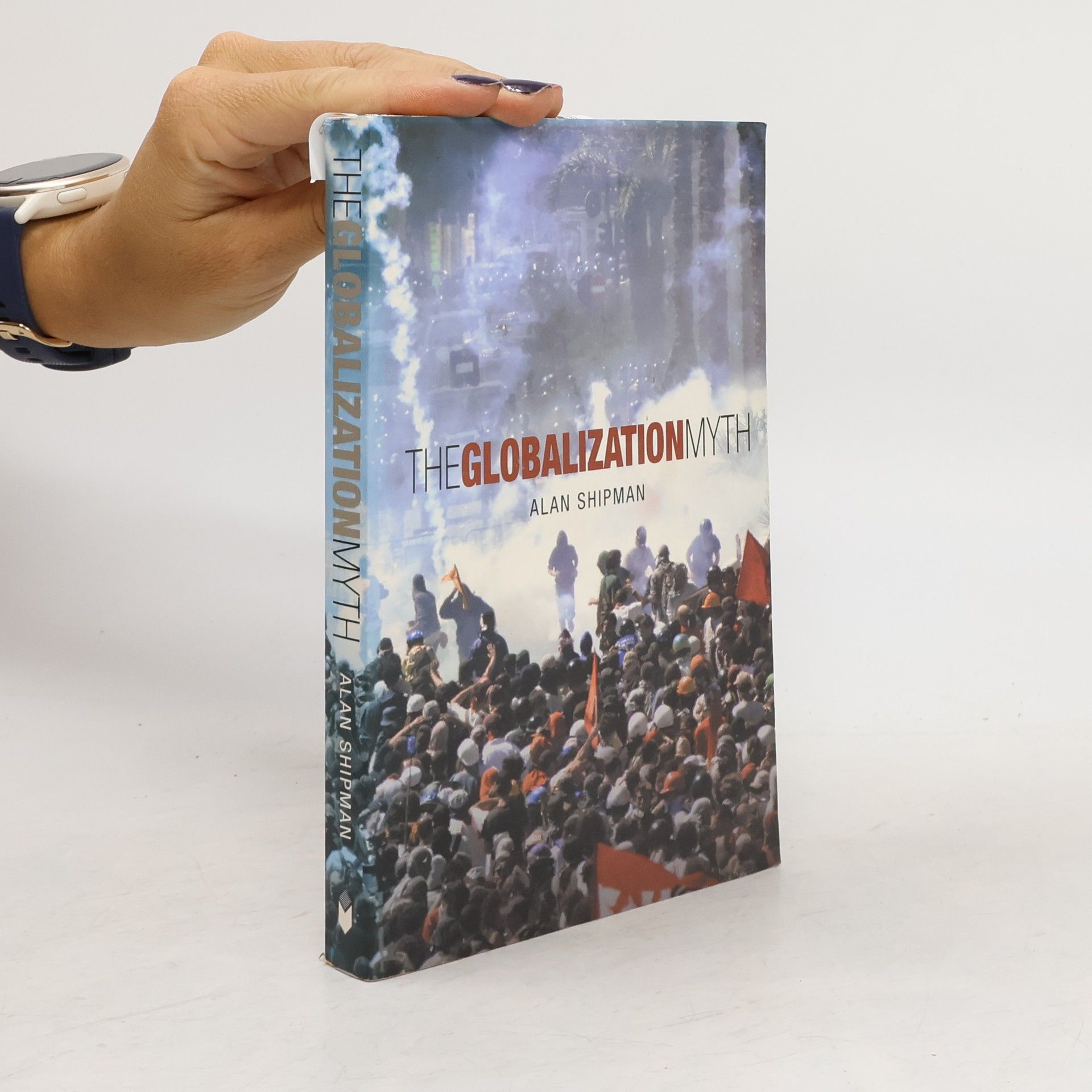The Globalization Myth
- 240pages
- 9 heures de lecture
Against figurehead commentators like Naomi Klein, Alan Shipman argues that globalization is a potential force for good―and for the benefit of all.


Against figurehead commentators like Naomi Klein, Alan Shipman argues that globalization is a potential force for good―and for the benefit of all.
Wynne Godley's biography explores his innovative approach to macroeconomics, shaped by early frustrations in policy-making that led him to identify risks overlooked by others. His insights into national accounting, price-setting, and financial roles allowed him to predict major economic downturns, including those of the 1970s and the 2008 crisis. The narrative also highlights his diverse life experiences, from a tumultuous childhood to brief careers as a musician and sculptor, alongside a significant tenure as a Treasury adviser known for his forecasting abilities.